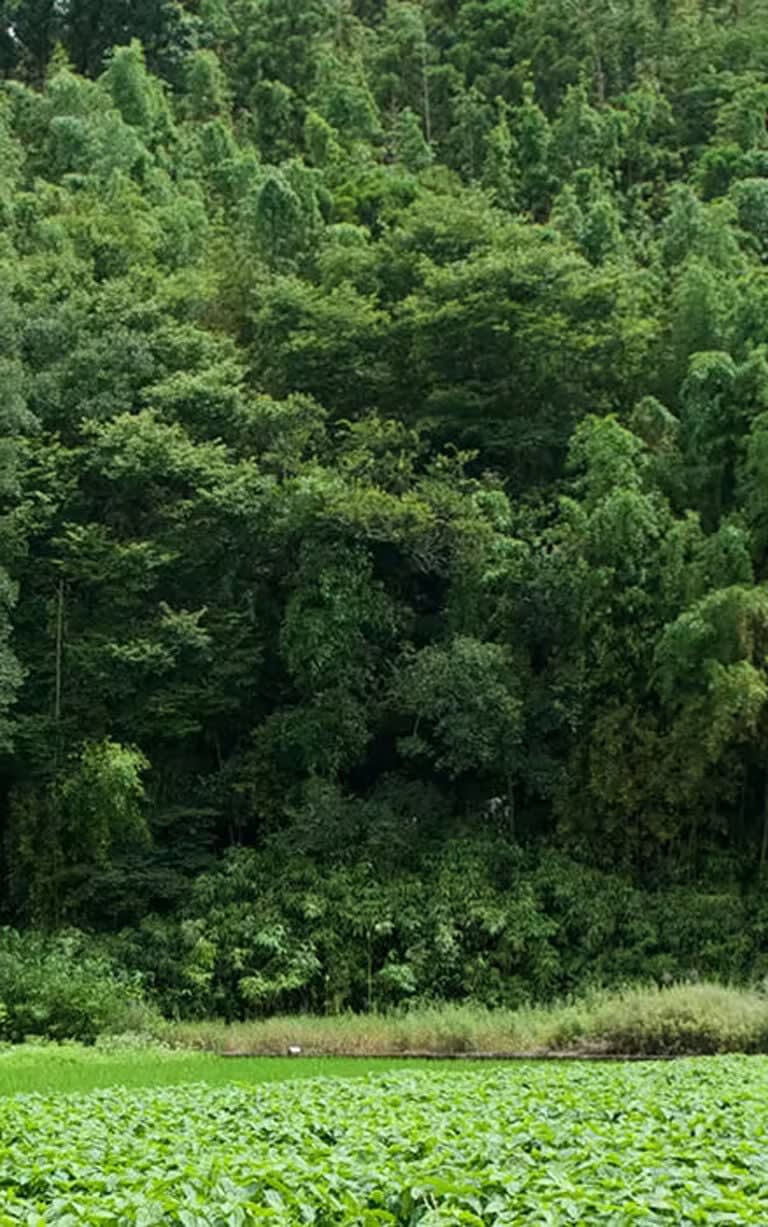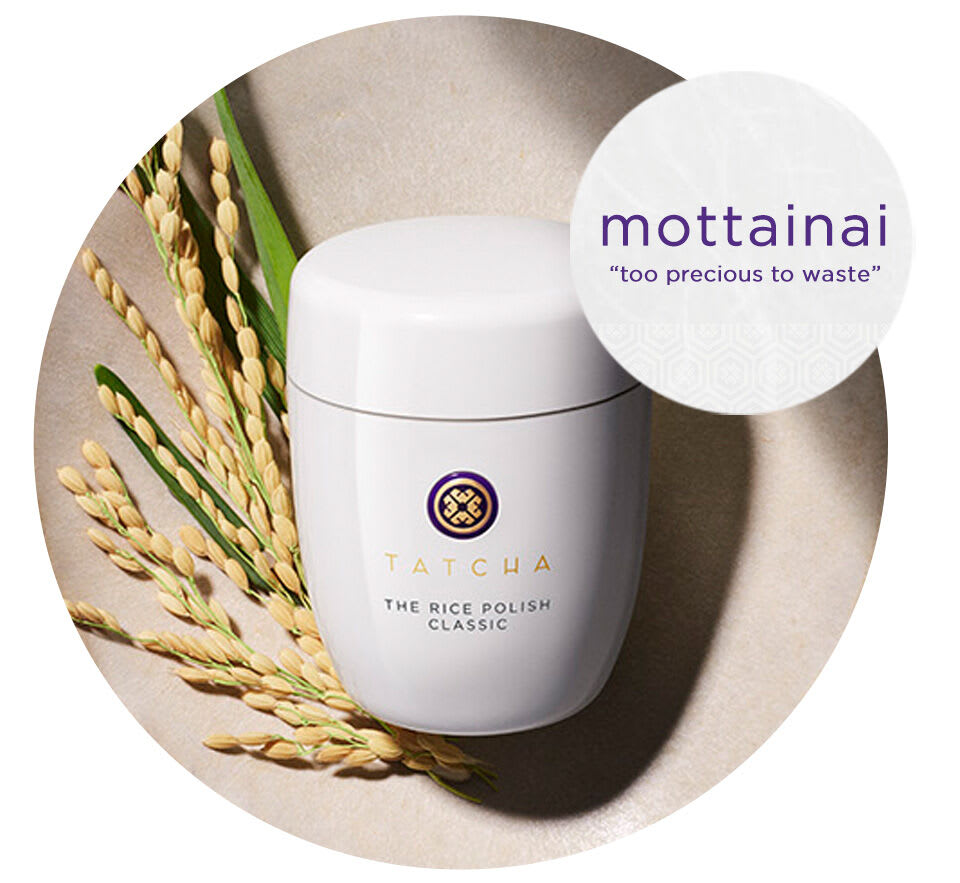Our Approach
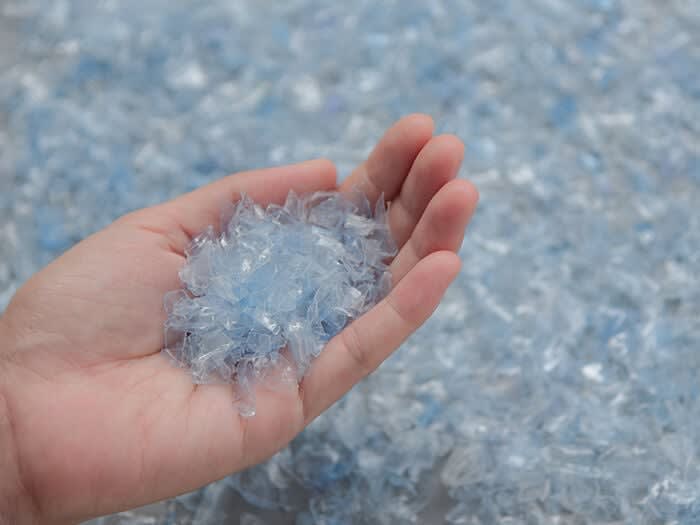
- FSC or equivalent certified paper used exclusively.
- Reduce virgin plastic use and design for circularity.
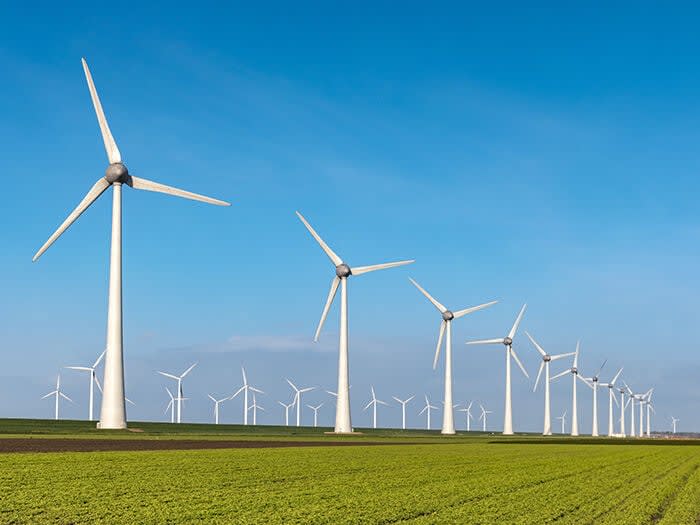
- Map our carbon footprint and other greenhouse gas emissions.
- Reduce our carbon and greenhouse gas intensity while offsetting emissions caused from transportation.
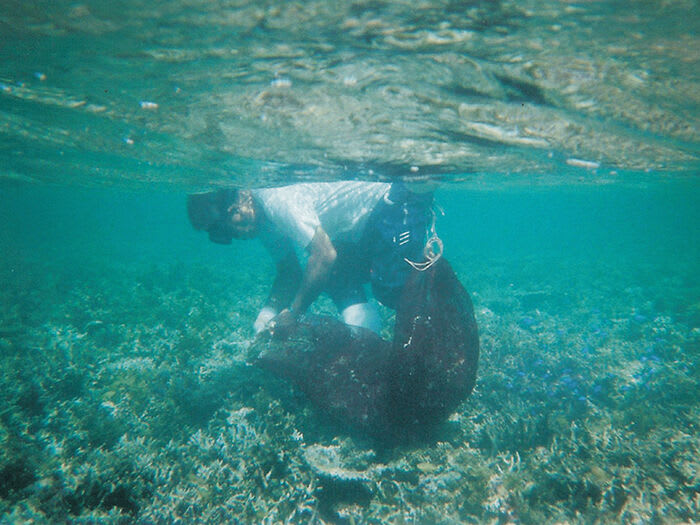
- Screen ingredients for environmental and social impact at beginning and end of life.
- Trace and analyze ingredient processing to monitor and reduce waste creation.
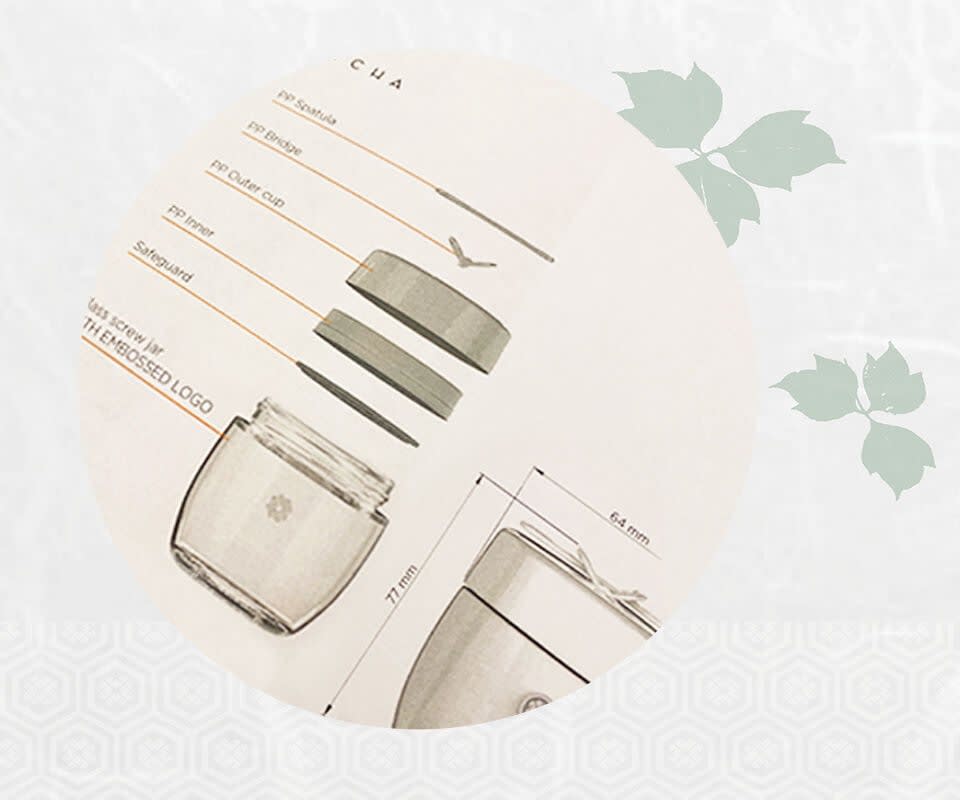
Join Us on Our Journey
We don’t have all the answers, but we are leading with our hearts and asking our minds to catch up. We’ll be sharing everything we learn on our Instagram and T House, but we’d also love to hear from you. Which improvements do you care about most? What would you like to see from us? We can’t wait to hear your feedback, questions, and recommendations!
CONTACT US
